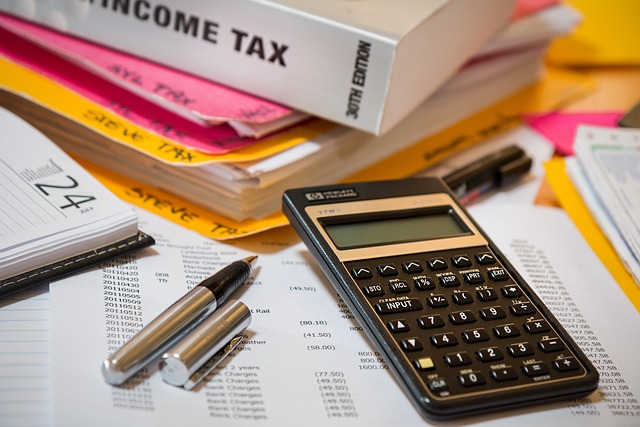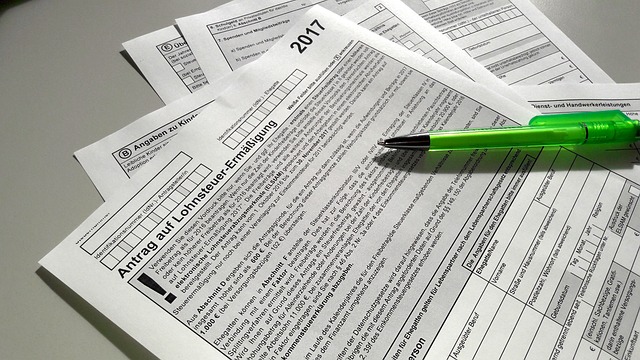South African sole proprietors engaged in self-employment must proactively manage taxes through strategic tax planning, meticulous record-keeping, and understanding deductible business expenses like office supplies, travel costs, and equipment purchases. Differentiating personal from business expenses is crucial for compliance. Maximizing deductions, taking advantage of small business incentives, and contributing to retirement funds can reduce tax liabilities. Consulting with a tax professional ensures accuracy and leverages available benefits for effective self-employment tax planning in South Africa.
In South Africa, sole proprietors navigating self-employment tax planning can significantly impact their financial well-being. This article guides you through the intricate landscape of self-employment tax in South Africa, offering insights into legal requirements and effective strategies to maximize deductions. By understanding common mistakes to avoid, you can ensure compliance and optimize your tax position, fostering a healthier financial future for your business.
- Understanding Self-Employment Tax in South Africa
- Legal Requirements for Sole Proprietors
- Strategies to Maximize Tax Deductions
- Common Mistakes to Avoid During Tax Planning
Understanding Self-Employment Tax in South Africa

In South Africa, sole proprietors need to be aware of the unique tax implications associated with self-employment. Unlike employees who have their taxes deducted at source, self-employed individuals are responsible for paying both income tax and social security contributions (known as UIF and Compulsory Contributions). Understanding and planning for these self-employment taxes is crucial for maximizing deductions and minimizing liabilities.
Effective tax planning involves keeping detailed records of business expenses that can be claimed as deductions against taxable income. This includes expenses related to office space, equipment, travel, and any other business-related costs. By proactively managing these aspects, South African sole proprietors can optimize their tax position, ensuring compliance while also potentially reducing their overall tax burden.
Legal Requirements for Sole Proprietors

In South Africa, sole proprietors engaged in self-employment must adhere to specific legal requirements when it comes to tax deductions and planning. Effective self-employment tax planning is crucial for maximizing legitimate deductions and minimizing the tax burden. Sole traders are required to register for a tax number with the South African Revenue Service (SARS) and comply with all relevant regulations, including maintaining proper financial records.
Key aspects of legal requirements include keeping detailed accounts of business expenses, such as office supplies, travel costs, and professional services, as these can be claimed as deductions. It’s important to differentiate between personal and business expenses to ensure compliance. Additionally, understanding the rules around depreciation for equipment and assets used in the trade is essential, as this allows for tax benefits over time. Effective self-employment tax planning involves staying informed about these requirements and leveraging available deductions to optimize financial obligations.
Strategies to Maximize Tax Deductions

Maximizing tax deductions is a key aspect of effective self-employment tax planning in South Africa. Sole proprietors can significantly reduce their tax liability by strategically utilizing various deductions available under the law. One such strategy involves keeping detailed and accurate records of all business expenses. This includes costs related to office supplies, equipment purchases, travel, and even home office setup if you work from home. By keeping comprehensive records, you can easily identify and claim these expenses when filing your taxes.
Another powerful tool for self-employment tax planning is taking advantage of tax incentives specifically designed for small businesses. South Africa offers various deductions for investments in certain sectors or for adopting green technologies. Additionally, contributions to retirement funds, such as a Personal Retirement Annuity (PRA) or an Employee Retirement Fund (ERF), can provide substantial tax benefits. Consulting with a tax professional familiar with local regulations is advisable to ensure you make the most of these opportunities and stay compliant with self-employment tax requirements.
Common Mistakes to Avoid During Tax Planning

Many self-employed individuals in South Africa fall into common traps when it comes to tax planning, which can lead to significant financial losses. One of the main mistakes is neglecting to keep detailed records of all business expenses. As a sole proprietor, every receipt, invoice, and expense related to your business should be meticulously documented. This includes office supplies, travel costs, equipment purchases, and even personal vehicle mileage for work-related trips. Failing to maintain proper records can result in missed deductions and potential audit issues.
Another blunder is underestimating the available tax deductions for self-employment. South African tax laws offer various incentives and allowances for small business owners, such as home office expenses, contributions to retirement funds, and insurance costs. Sole proprietors should be aware of these benefits and ensure they are claiming them accurately. Consulting with an accounting professional or tax advisor can help avoid these mistakes and optimize your self-employment tax planning in South Africa, ensuring you make the most of available deductions while adhering to legal requirements.







